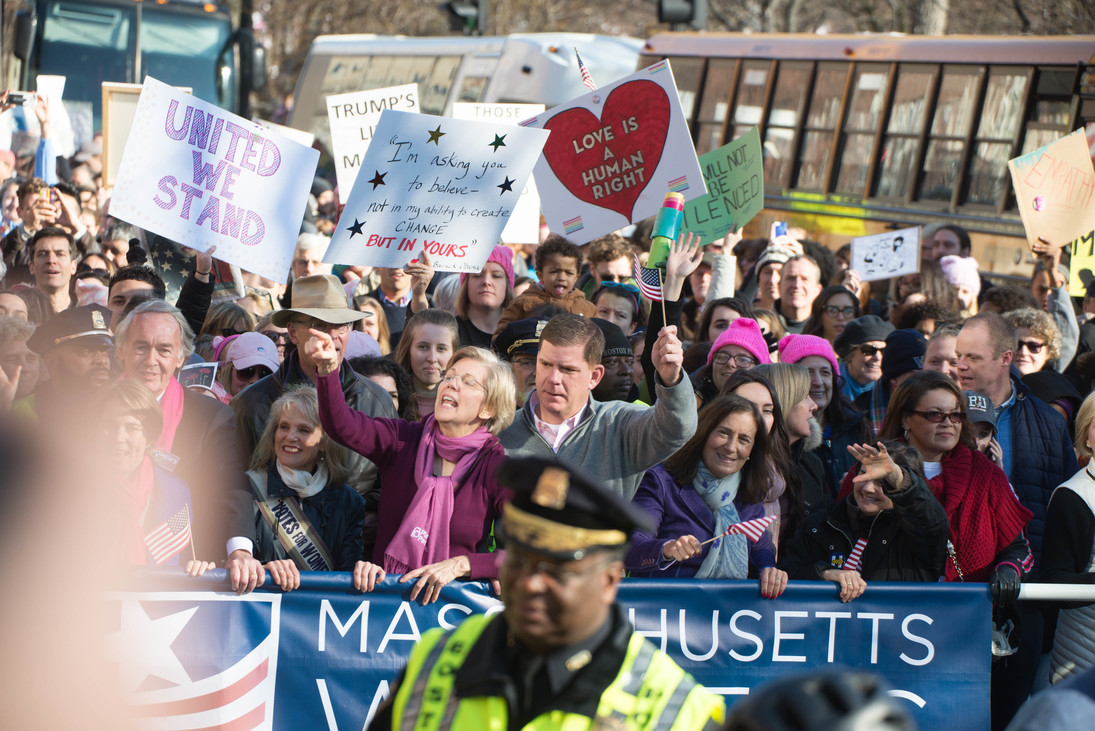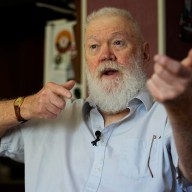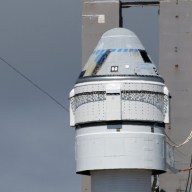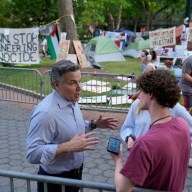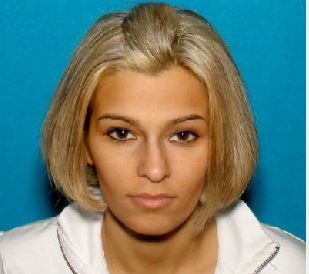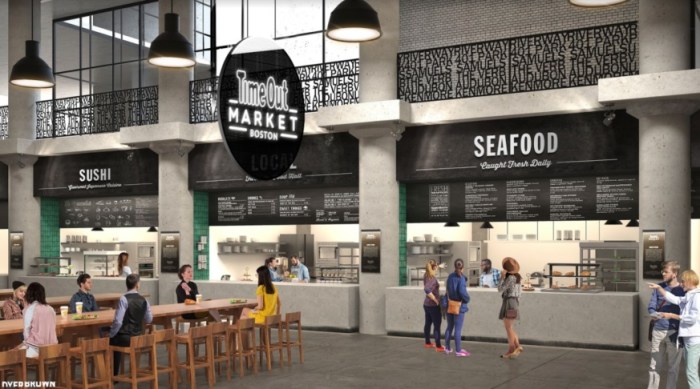Did 2017 zip by, or did the year feel like a long one to you? Either way, it was packed with news, from Donald Trump’s presidential inauguration to tons of protests and a few prominent deaths. Here’s a look at some of the biggest stories that happened in Boston in 2017.
The Women’s March
The day after President Donald Trump took his oath of office, hundreds of thousands of people around the country marched in protest. In Boston alone, about 170,000 people swarmed Boston Common — more than the estimated number of the crowd at Trump’s inauguration on the National Mall. Plenty of prominent local figures attended the Boston Women’s March, including Attorney General Maura Healey, Mayor Marty Walsh and Sen. Elizabeth Warren.
The Women’s March in Washington saw an even larger crowd, roughly three times the size of the inauguration attendees, some crowd scientists said. Plenty of Massachusetts residents chose to trek down to D.C. to attend that march instead; Metro profiled a few of them to hear about why they made the journey.
Aaron Hernandez’s Suicide
In April, former New England Patriots star Aaron Hernandez committed suicide in his jail cell at the Souza Baranowski Correctional Center in Shirley, Massachusetts. The news shocked many and sparked a multitude of other stories, from rumors about Hernandez’s prison lover to a ruling, spurred by an old Massachusetts legal loophole, that meant Hernandez was no longer convicted of the 2013 murder of Odin Lloyd.
Hernandez’s death also meant that researchers could take a look at his brain as part of the national conversation around the link between football and the degenerative brain condition CTE. Top researchers at the Boston University CTE Center studied Hernandez’s brain, issuing the findings in September in which they said he had the most severe case they’ve ever seen for someone of his age. Those findings prompted his family to sue the NFL. “Aaron Hernandez had an advanced stage 3 of CTE,” their lawyer Jose Baez said, “which is usually found in the median age of a 67-year-old man.”
Self-Driving Cars
In the beginning of this year, Boston officials gave Cambridge-based tech company nuTonomy the green light to test self-driving cars in the Seaport District. The autonomous vehicles were initially restricted to remote park and were always equipped with a real person behind the wheel just in case.
After initial testing went well, the city allowed nuTonomy’s self-driving cars to try out more Boston roads in April. Not long after that news, rideshare company Lyft announced that it was partnering with nuTonomy to test self-driving cars for passenger pickups throughout Boston. That pilot program officially kicked off for those requesting Lyfts in the Seaport earlier this December.
Boston Free Speech Rally
This rally was restricted just to Boston but made national headlines. After white supremacists gathered in Charlottesville, Va. for a rally that turned violent and even fatal, concern grew over a so-called “Free Speech Rally” scheduled on Boston Common that seemed to offer a platform for similar hate groups. Though the organizers of the rally maintained that they wanted to our country’s constitutional values for all sides and were not connected to any such hate organizations, others still took issue with controversial scheduled speakers, like Augustus Invictus, who attended the Charlottesville rally (though did not end up participating in the Boston event).
Ultimately, more counter-protesters than Boston Free Speech members and speakers showed up to the Common that Saturday in August. Still, the original organizers fought back against what they say were slanderous statements that harmed their reputation, suing Mayor Marty Walsh and scheduling another rally, which didn’t end up making any more waves.
Massachusetts fights back
Also in the vein of protests and activist efforts were the multiple efforts made by Massachusetts officials and residents to counter policies enacted by Trump that they believed to be destructive. Since thetes, saying the decision would have drastic effects on the academic world. One Massachusetts school even created a scholarship specifically for refugees from the countries tar Boston area is home to so many higher education institutions, colleges immediately spoke out after Trump’s first executive order banning certain immigrants from entering the United States in Trump’s ban.
When Trump pulled the country out of the Paris climate agreement, Walsh promised that Boston would continue on undeterred in its environmental efforts, upholding the agreement even if the country as a whole would not. And when Attorney General Jeff Sessions threatened to pull funding from sanctuary cities for not helping federal immigration efforts, Boston residents took to the streets to protest and city officials stood strong, saying they would protect the immigrant population.
Correction: This article has been updated to clarify that Proud Boys Founder Gavin McInnes did not attend the Charlottesville rally.

